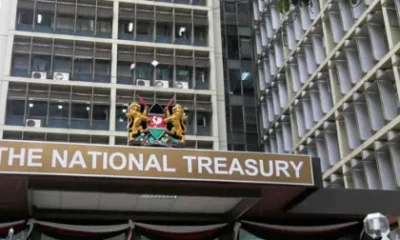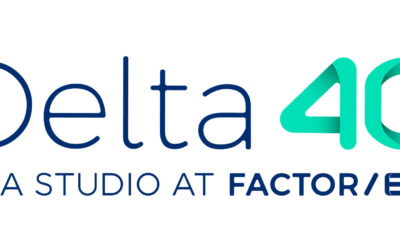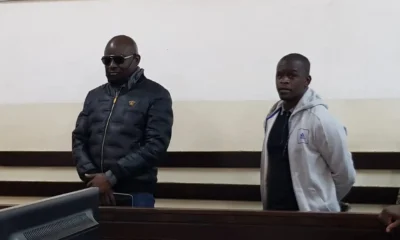

Chinese-based popular social media app TikTok faces a full ban in the US as its CEO Shou Chew testified Thursday before the House of Representatives Energy...


The 39-year-old former Arsenal, Manchester City and Real Madrid striker, took to Instagram to announce his retirement revealing that he is excited and ready for the...


A non-governmental organisation has sued tech giant Google over alleged privacy violations by illegally tracking Android users and collecting personal information. The internet search company is...


Jamhuri Holding Limited (JHL) through its parent company, Helios Investment, issued an ultimatum to Kenya to either fully acquire Telkom or source for strategic investors to...


22 March 2023, Nairobi, Kenya – Factor[e] Ventures today strengthens its commitment to transform the African start-up ecosystem with the launch of Delta40, a new venture studio...


An investigation by Al Jazeera’s Investigative Unit infiltrates rival gangs that control Africa’s gold. Criminal networks turn dirty cash into gold, which is sold around the...


Instability has rocked the once-solid communications team that has traditionally surrounded President William Ruto for over a decade. Recent events, attributed to the entry of Hussein...


Tens of parastatal chief executives are sitting on the edge as Ruto’s administration aggressively seeks to replace top bosses in State-backed firms and agencies as it...


By Abdi Sama Timberlake Ijara Constituency has been struggling with lack of progress and development stagnation for a long time but the fate of the great...


The Nairobi West Hospital unveiled a game-changing radiotherapy machine that can treat up to 100 patients a day. The Nairobi West Hospital’s Halcyon-system, is an entirely...


The anti-graft agency is closing in on senior officers at the troubled West Kano Rice Irrigation Scheme over alleged embezzlement of Sh54.3 million meant for farmers....


Detectives from the Directorate of Criminal Investigations (DCI) are looking into the death of Ms Elizabeth Wanjiru Githingi, a preacher who was found dead at the...


22bet Football Mania 22BET has launched a unique promo dubbed football mania where punters are required to bet as much as they can on the Champions...


It was only a matter of when and not if, Siaya Deputy Governor William Oduol has fallen out with his boss James Orengo just six months after...


After staying in the colds and corridors of justice for long, Evans Kidero is set to join the government as the CAS for the Ministry of Industry,...


Disgruntled contractors mostly drawn from the western region are now petitioning the Ethics and Anti -Corruption Commission (EACC) to speed up investigations into what they term...


At least 31 private universities are staring at a bleak future after Members of Parliament (MPs) banned the placement of government-sponsored students to the institutions. This...


A Malindi Court has restrained a Man from evicting a Businesswoman from their matrimonial home. Malindi Senior Principal Magistrate James Ongondo issued an order on February...


Kenya Insights has obtained a memoranda and petitions dated 7th March 2023 with first hand primary information, the leadership of Ministry of Labour And Social Protection...


City lawyer Thomas Otieno Ngoe and businessman Nicolas Otieno Ndolo are currently being held by the police for for allegedly defrauding an American Sh100M contrary to section...